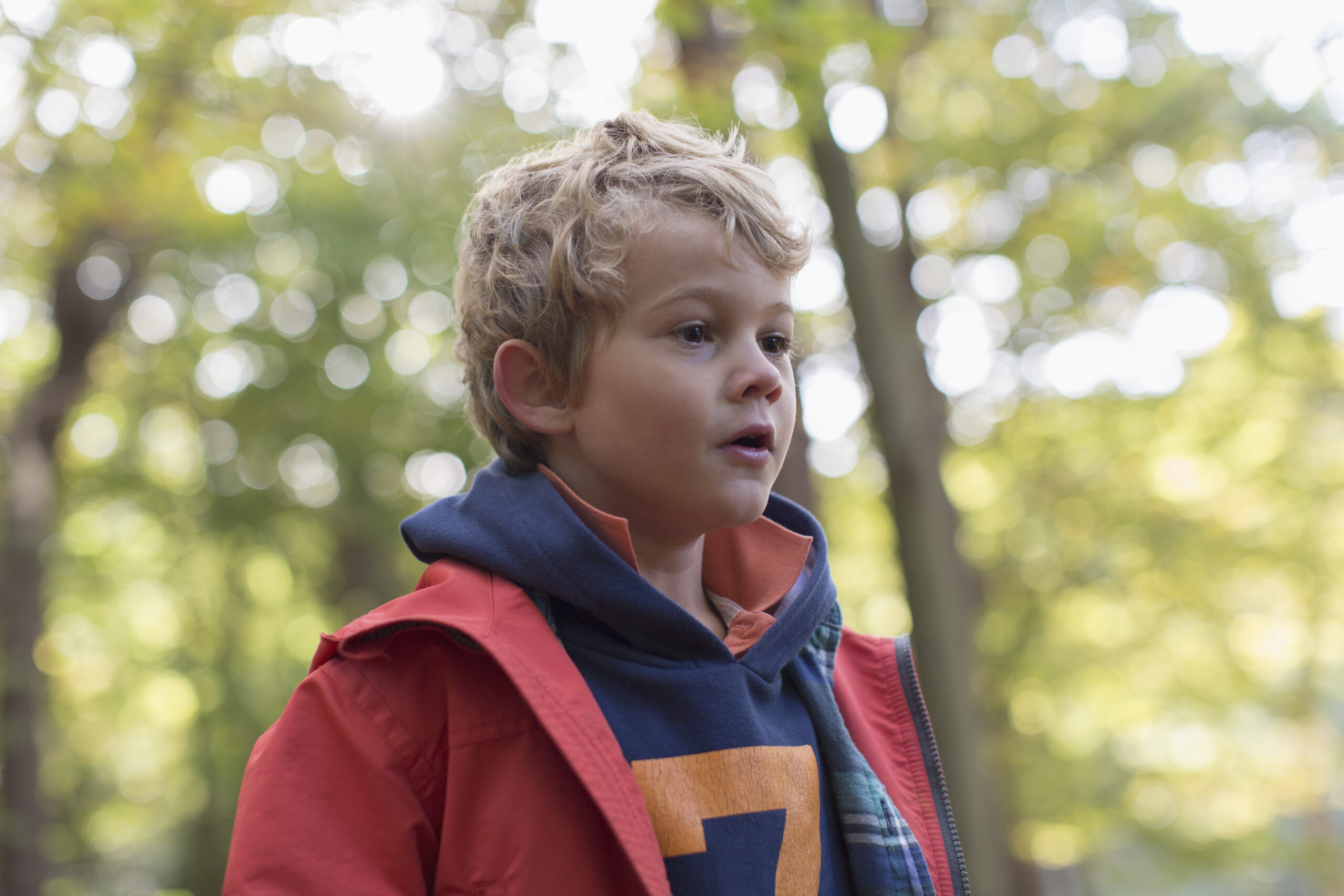
Let’s take a moment a talk about some simple ways to brighten the mood of your kids. Key in on the word “simple”. Sometimes when children feel restless, agitated, testy, or even depressed, what he or she may need is a simple fix of nature! We are going to look at four aspects of experiencing nature and how it directly has an affect on your child’s mental and emotional wellbeing.
Getting Space and Sunlight: Sunlight has been linked to vitamin D production, production of endorphins, and regulation of circadian rhythms. Additionally, exposure to nature is associated with increases in social cohesion, a sense of community, shared norms and values, positive and friendly relationships, and feelings of being accepted and belonging. Furthermore, there is evidence suggesting increased nature exposure predicts reduced feelings of loneliness and decreased frequency of feelings of inadequate social support.
Sight: Viewing nature has been repeatedly demonstrated to provide a range of benefits for human health and well-being. Benefits include reduced anxiety, reduced stress, shorter hospital stays, lower heart rate, and increased directed attention. A hospital study conducted in the Netherlands demonstrated that pictures of art depicting nature (trees, landscapes, flowers, and water) were rated positively by hospital patients, while abstract art increased anxiety. This is why bringing pictures of nature into your home may contribute positively to the mental health of your child. Even buying flowers and setting them on the table in your kitchen send positive messages for your child’s mental health.
Sound: It has been shown through several studies that humans prefer the sound of nature (wind, water, birds) over industrial sounds (traffic, sirens, horns).
Smell: The use of essential oils has been on the upturn in this country. Smelling plants and herbal extracts directly affect the limbic (emotional) system of your child. In fact, your child’s sense of smell is connected to hunger (hypothalamus), memories (hippocampus), mood, cognition, and behavior. What a lot of biological factors linked to what your child is regularly smelling!
A Word on Taste (bonus): We all know that children (and adults!) have an emotional response to food. A Norwegian study found a correlation between adults with better quality diets and a less likelihood of feeling depressed. On the other hand, a higher intake of processed and unhealthy foods in the diet was associated with increased anxiety. So, while your child may temporarily respond positively to pizza and Twinkies, for the sake of long-term health, it is advisable to accustom your child to a diet of quality, whole foods. A taste of nature would obviously be fresh fruits and vegetables. Healthy brain foods, to name a few, include avocados, wild fish, cabbage, dark chocolate, and sprouted seeds.
Sources:
https://www.ncbi.nlm.nih.gov/pmc/articles/PMC5580568/
Ulrich R. Health benefits of gardens in hospitals; Proceedings of the Plants for People International Symposium; Floridae, The Netherlands. 2002. [Google Scholar]
https://pubmed.ncbi.nlm.nih.gov/21715296/
https://www.ncbi.nlm.nih.gov/pmc/articles/PMC6104990/
